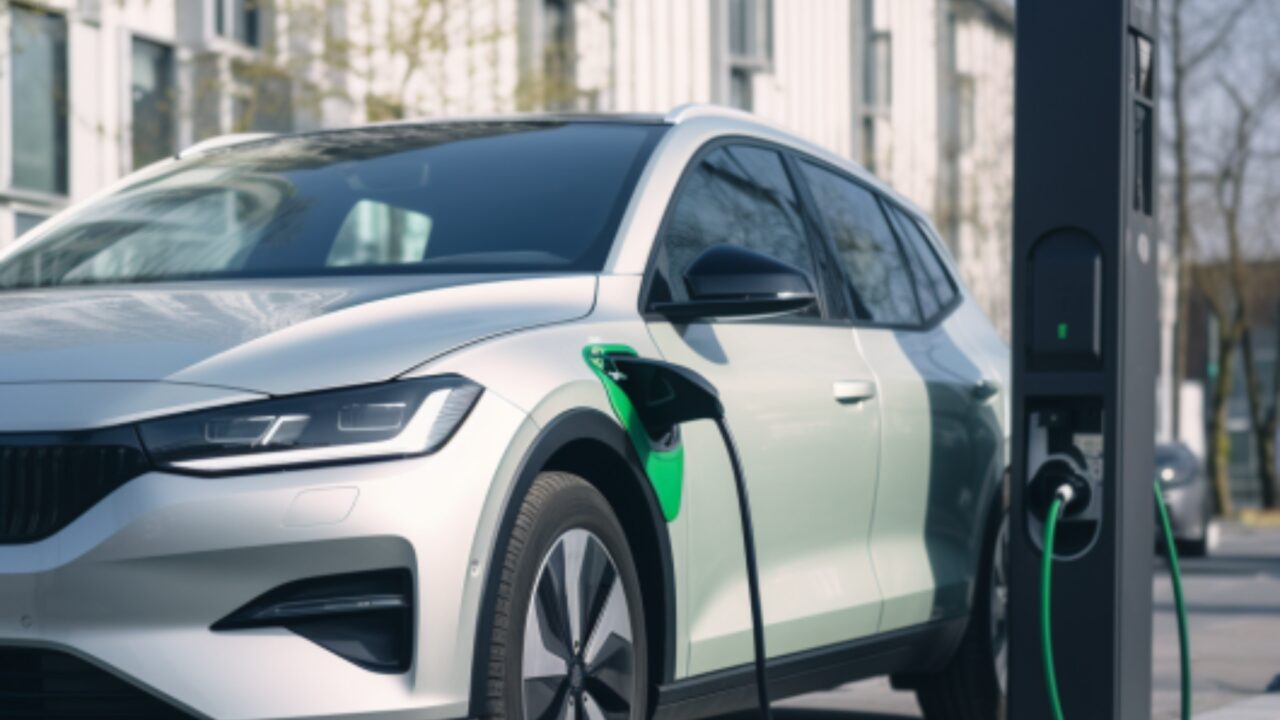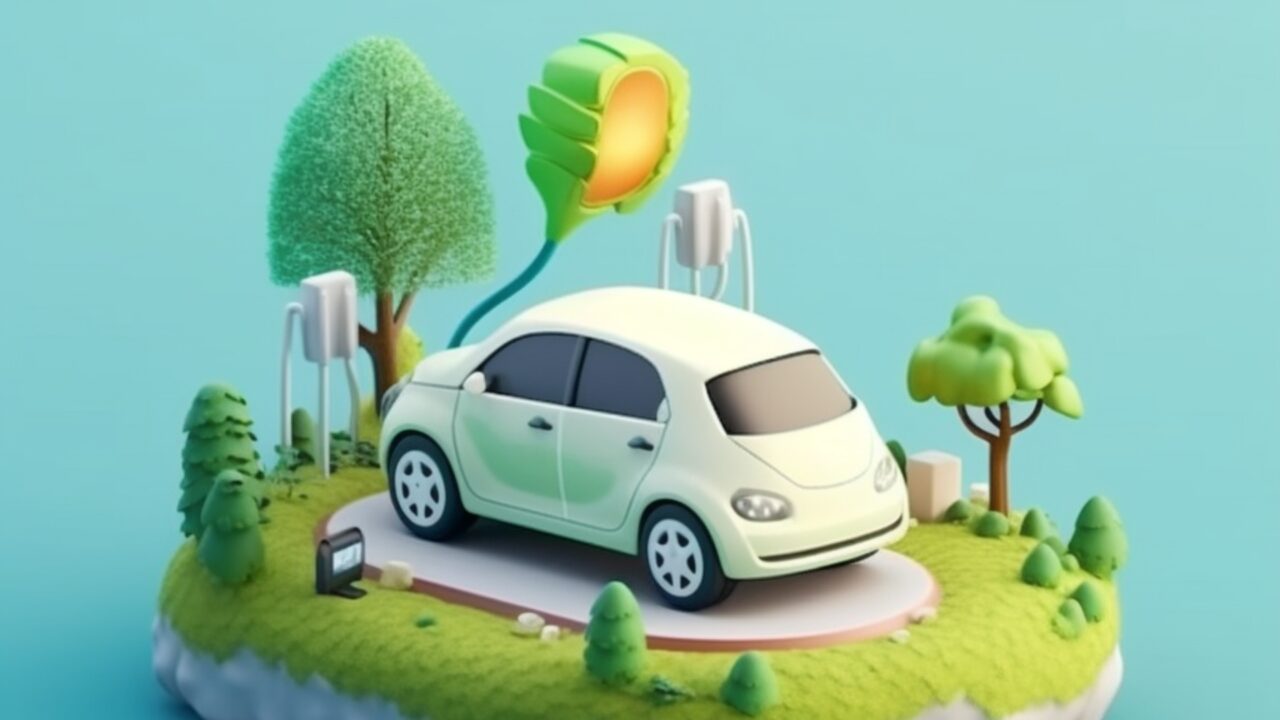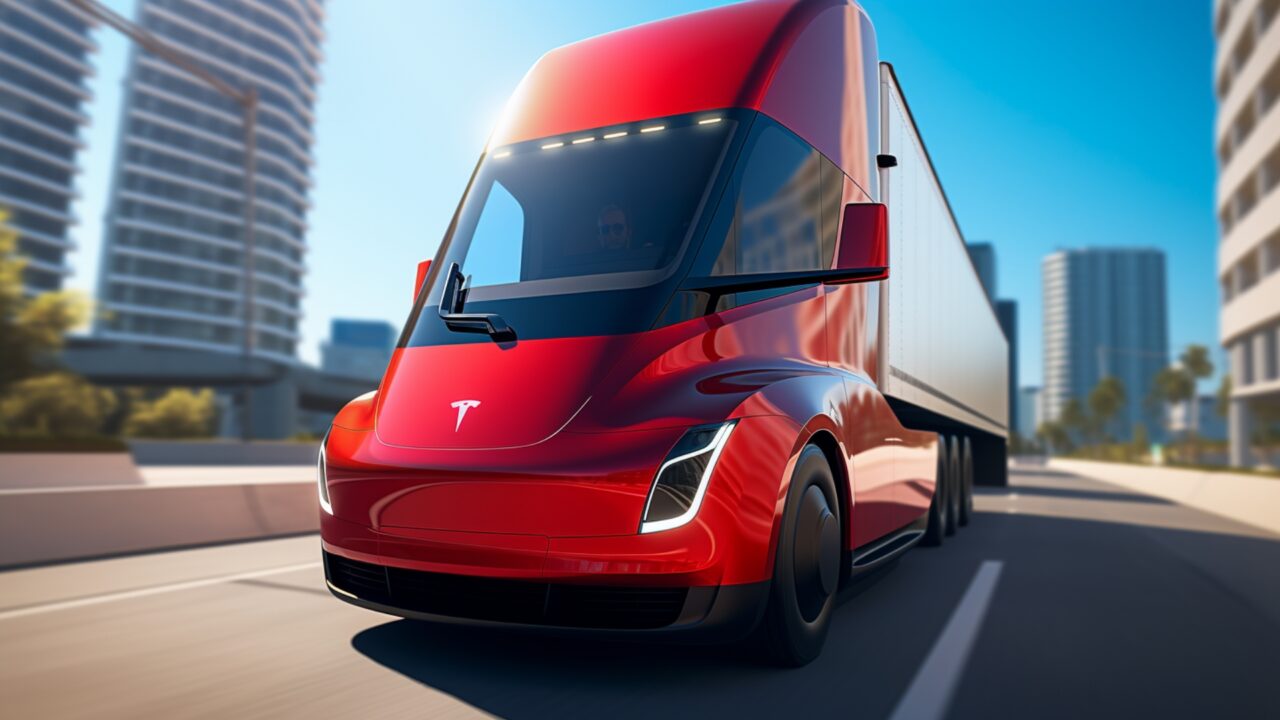Discover the truth about electric cars and their environmental impact. Explore the benefits of EVs, debunking common misconceptions, and learn why they are a greener alternative for the UK. Be informed about making an eco-friendly choice.
Electric vehicles (EVs) have become a prominent solution to combating the climate crisis, offering a greener alternative to conventional petrol and diesel cars. However, there have been debates surrounding their environmental impact.
In this article, we aim to dispel misconceptions and highlight the numerous benefits of electric cars. By analysing research from experts and reputable organisations, we will showcase why EVs are a positive and informative choice for a sustainable future.
Addressing Manufacturing Concerns
One common criticism of electric vehicles is the environmental impact of manufacturing lithium-ion batteries. Critics argue that the production of these batteries requires rare earth metals and significant energy expenditure. However, it is important to consider the entire lifecycle of an EV to make a fair assessment.
A study by the International Council on Clean Transportation confirms that EVs have the lowest greenhouse gas emissions over their entire lifecycle, including production, fuel consumption, and maintenance.

Emissions from EVs are lower overall than petrol and diesel cars. EV batteries are more efficient at converting energy into motion compared to burning petrol or diesel.
Lithium-Ion Batteries
Lithium-ion batteries are a crucial component of electric vehicles, powering their impressive capabilities. These batteries are rechargeable and rely on the movement of lithium ions between the negative (anode) and positive (cathode) electrodes during the charging and discharging process.
Due to their ability to store high-capacity power effectively, lithium-ion batteries have found widespread use across various industries. From consumer electronics like smartphones and PCs to industrial robots and production equipment, these batteries have proven their reliability and efficiency.
In the automotive sector, lithium-ion batteries play a vital role in powering electric vehicles, contributing to their eco-friendly performance.
Contrary to a common misconception, lithium-ion batteries do not contain rare-earth elements. According to experts in the field, such as Tom Stacey from Anglia Ruskin University’s School of Economics, EV batteries primarily consist of lithium, aluminium, nickel, manganese, and cobalt.
Rare-earth elements, on the other hand, are non-abundant metals that are commonly found in the magnets used in some types of electric motors. However, it is worth noting that electric motors can be manufactured without the use of rare earths.
The ongoing developments in EV technology aim to reduce reliance on elements further. For instance, the best-selling EV in the UK is already free from cobalt in its battery, and numerous manufacturers have plans to phase out cobalt over the coming years.
These advancements reflect the industry’s commitment to sustainability and the pursuit of greener alternatives. Instead, their batteries incorporate a combination of readily available and recyclable elements. This not only ensures the viability of electric cars but also aligns with the industry’s efforts to minimise environmental impact.

By dispelling the misconception surrounding the presence of rare-earth elements in lithium-ion batteries, it becomes evident that electric vehicles are not dependent on such materials.
The Efficiency of Electric Motors
Many suggest that electric cars are worse for the climate than combustion-powered cars due to the environmental impact of their batteries. However, this argument fails to acknowledge the efficiency of electric motors and the overall energy usage.
Electric motors are significantly better at utilising the energy stored in the battery to power the vehicle, with a larger portion going towards actual movement. In contrast, traditional internal combustion engines waste a significant amount of energy as heat. Only 16 per cent of the energy contained in the petrol tank of average cars, powers them forward.
EVs offer higher energy efficiency, enabling more miles per unit of energy compared to conventional cars. Despite higher initial production emissions, the lower operational emissions over the lifetime of an EV quickly outweigh the manufacturing impact.
Hydrogen and Synthetic Fuels as Alternatives
Suggesting that hydrogen or synthetic fuels could be better alternatives to electric vehicles present their own challenges and are less environmentally friendly.
Hydrogen and synthetic fuels are often derived from fossil fuels, resulting in increased emissions rather than a reduction. Green hydrogen, produced from renewable electricity, is more efficient when directly used to power electric vehicles.
Transforming electricity into hydrogen and then using that hydrogen to power vehicles is less efficient and leads to higher energy use and emissions.

The production of synthetic fuels requires additional energy for the transformation process, making it even more inefficient compared to battery electric vehicles. That doesn’t account for the space needed to carry a comparable amount of range in alternative fuels which is another topic altogether.
The Rise of Electric Trucks
In recent discussions about the future of trucking, there has been a suggestion that hydrogen-powered trucks are a more viable option due to the perceived weight disadvantage of electric trucks.
However, this claim ignores the remarkable progress made in the electrification of heavy-duty vehicles. In fact, manufacturers sold an impressive 60,000 electric trucks just last year, and the market now boasts a staggering 220 models of heavy-duty electric vehicles, as reported by the International Energy Agency (IEA).
One of the key arguments against electric trucks has been their weight, but experts like Auke Hoekstra from Eindhoven University of Technology argue otherwise. Electric trucks do not suffer from a significant weight disadvantage when compared to their diesel counterparts. In fact, the weight difference will be negligible, and the benefits of electric trucks will far outweigh any concerns.
Moreover, there are significant cost advantages of electric trucks in terms of ownership and operation. With advancements in battery technology and economies of scale, electric trucks are becoming increasingly affordable.

Additionally, the operational costs of electric trucks are significantly lower than those of traditional diesel trucks, primarily due to the lower cost of electricity compared to diesel fuel.
According to Volvo, European electric truck sales have quadrupled in the first quarter of this year alone. These impressive numbers indicate a strong market demand and suggest that electrification is gaining traction in the heavy-duty trucking sector.
The weight disparity between electric and diesel trucks is much less important as both vehicles are heavy. The economic benefits and environmental advantages of electric trucks make them an attractive choice for fleet operators and transportation companies.
Considering Life Cycle Emissions
It is crucial to consider the complete life cycle emissions of vehicles, including extraction, manufacturing, and usage, to evaluate their environmental impact accurately.
The Intergovernmental Panel on Climate Change (IPCC) confirms that EVs offer lower greenhouse gas emissions compared to conventional cars. The benefits of EVs are substantial, especially when taking into account the full life cycle of vehicles.
The UK government’s analysis supports the emissions reduction potential of EVs, stating that battery electric vehicles are expected to reduce greenhouse gas emissions by 65% compared to petrol cars today, increasing to 76% by 2030.
Electric vehicles are a viable and environmentally friendly solution for the UK audience. Despite initial concerns regarding manufacturing emissions and rare earth metals, comprehensive studies confirm the superior sustainability of EVs over their entire life cycle. Plus, the costs of charging your vehicle are also less if you can charge at home. Check out the GoCompare cost-to-charge tool here.

It must be said that it is certainly right to point out the high emissions which come along with car manufacturing. And if a person drives very little, then continuing to drive an existing car would often be the more sustainable solution.
Electric motors’ efficiency, coupled with advancements in battery technology, make EVs an excellent choice for reducing carbon emissions. We also need to reduce the number of cars and private vehicles and encourage more use of cycling and public transport where possible too.
